|
Voiced by Amazon Polly |
Microsoft Copilot Studio is a low-code platform that empowers users to build intelligent AI assistants, or , without extensive development knowledge. The Open AI GPT-5 is integrated within copilot studio. While its built-in capabilities are powerful, the true strength of Copilot Studio lies in its extensibility. The Model Context Protocol (MCP) is a crucial technical component that facilitates this by allowing copilots to connect with external data sources and services.
Freedom Month Sale — Upgrade Your Skills, Save Big!
- Up to 80% OFF AWS Courses
- Up to 30% OFF Microsoft Certs
- Ends August 31
What is Model Context Protocol?
In November 2024, a small team at Anthropic introduced MCP, a protocol designed to address a common challenge: each AI provider and tool developer had their own unique method for defining and invoking tools.
MCP can be thought of as the USB-C port for AI systems. It’s an open standard that enables seamless connections between AI agents, tools, models, and other systems. Like a universal adapter, any tool or agent that “speaks” MCP can integrate with any other MCP-compatible system, regardless of who created it or what programming language it uses.
The Model Context Protocol (MCP) is a standardized way for Copilot Studio agents to interact with external knowledge servers and data sources. Think of it as a bridge that allows your copilot to tap into and utilize information and functionalities that exist outside of its native environment. Rather than building everything from scratch, you can connect to an MCP server that provides access to:
- Tools: These are functions that the language model within your copilot can call. This is currently the primary use of MCP in Copilot Studio. For example, a tool could be an API that retrieves real-time inventory data from your company’s database or an external service that processes customer orders.
- Resources: These are file-like data that a client application can read. This could include API responses or the contents of a file.
- Prompts: These are pre-defined prompt templates designed to help the copilot accomplish specific tasks.
One of the key advantages of MCP is its dynamic nature. When you connect to an MCP server, the tools it publishes are automatically added to your Copilot Studio agent. If the tools are updated or removed on the server, Copilot Studio dynamically reflects these changes. This ensures your copilot is always using the latest functionality and that obsolete tools are automatically removed, which simplifies maintenance and reduces the risk of errors.
How to Configure MCP in Copilot Studio
Integrating an MCP server with your Copilot Studio agent is a straightforward process.
- Create an MCP Server: You can use a Model Context Protocol Software Development Kit (SDK) to set up an MCP server. This server will host the tools, resources, and prompts that you want to expose to your agent.
- Create a Custom Connector: To connect your Copilot Studio environment to the MCP server, you’ll need to create a custom connector. This is done via Power Apps or Power Automate, and it requires a schema file (an OpenAPI specification YAML file) that describes the MCP server’s API. This file defines the tools, their inputs, and their outputs.

- Add the Connector to Your Agent: Once the custom connector is created, you can add it as a tool to your Copilot Studio agent as shown in the figure above. The agent will have access to all the tools published by the MCP server, which it can use to accomplish tasks.
Key Advantages of an MCP Server
The standardized nature of the MCP server offers several significant benefits:
- Enabling Real-World Interaction: It allows copilots to perform actions and access live, external data. Without an MCP server, a copilot is limited to the knowledge it was trained on, which can quickly become outdated.
- Dynamic Extensibility: When you connect an MCP server to your Copilot Studio agent, the tools it provides are automatically discovered and made available. If you add or remove tools from your server, the Copilot Studio agent updates dynamically, ensuring that the copilot always has the latest capabilities.
- Simplified Maintenance: By centralizing your business logic on a single server, you simplify maintenance. Any changes to an external API or business process only need to be updated in one place, the MCP server and all connected copilots will inherit the changes.
MCP empowers customers to:
- Seamlessly integrate with data sources: Whether you’re working with custom internal APIs or external data providers, MCP ensures smooth and dependable integration within Copilot Studio.
- Leverage a growing marketplace of connectors: Beyond custom-built integrations, users can access a rich library of pre-configured, MCP-enabled connectors available in the marketplace. This makes it easier and faster to connect with various tools.
- Enable dynamic and flexible actions: MCP servers can deliver tools and data to agents in real time, offering greater adaptability while minimizing the effort and cost of maintenance and integration.
The result is a streamlined, adaptable integration that not only connects your systems but also enhances your ability to maintain and scale that integration according to your needs. This makes it possible to build sophisticated, enterprise-grade copilots that leverage your organization’s existing data and services.
Conclusion
Whether it’s processing a sales order, retrieving live inventory data, or checking the status of a support ticket, the MCP server empowers your copilot to become an integrated part of your organization’s digital ecosystem. In an era where AI is becoming the core of business operations, the MCP server is the indispensable technology that makes your agent a powerful and proactive partner.
Freedom Month Sale — Discounts That Set You Free!
- Up to 80% OFF AWS Courses
- Up to 30% OFF Microsoft Certs
- Ends August 31
About CloudThat
CloudThat is an award-winning company and the first in India to offer cloud training and consulting services worldwide. As a Microsoft Solutions Partner, AWS Advanced Tier Training Partner, and Google Cloud Platform Partner, CloudThat has empowered over 850,000 professionals through 600+ cloud certifications winning global recognition for its training excellence including 20 MCT Trainers in Microsoft’s Global Top 100 and an impressive 12 awards in the last 8 years. CloudThat specializes in Cloud Migration, Data Platforms, DevOps, IoT, and cutting-edge technologies like Gen AI & AI/ML. It has delivered over 500 consulting projects for 250+ organizations in 30+ countries as it continues to empower professionals and enterprises to thrive in the digital-first world.

WRITTEN BY Raji P
Raji P is a Microsoft Certified Trainer, specializing in Power Platform and Microsoft Technologies. With over 11 years of experience in the IT industry, she has trained more than 5,000 professionals and students to upskill in Power Apps, Power Automate, Artificial intelligence and Machine Learning, Copilot Studio and related Microsoft tools. Known for simplifying complex concepts and delivering hands-on, practical training, Raji brings deep technical knowledge and real-world application into every learning experience. Her passion for mentoring and continuous learning reflects in her engaging and learner-focused approach to professional development.


 Login
Login
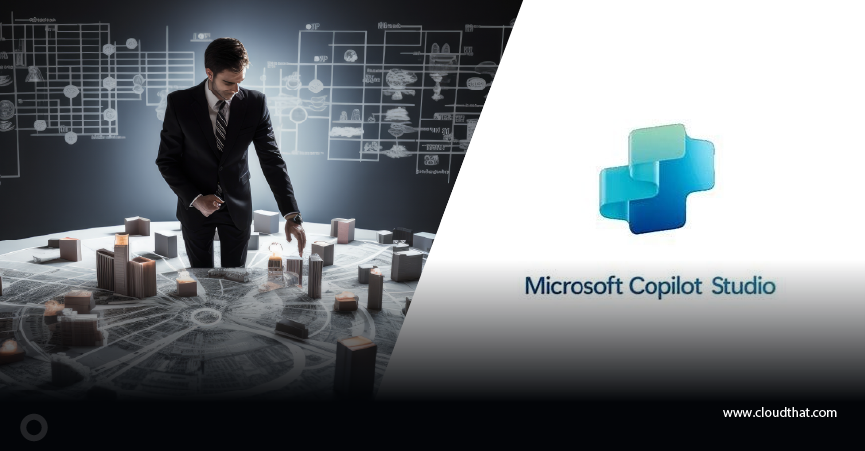

 September 15, 2025
September 15, 2025 PREV
PREV
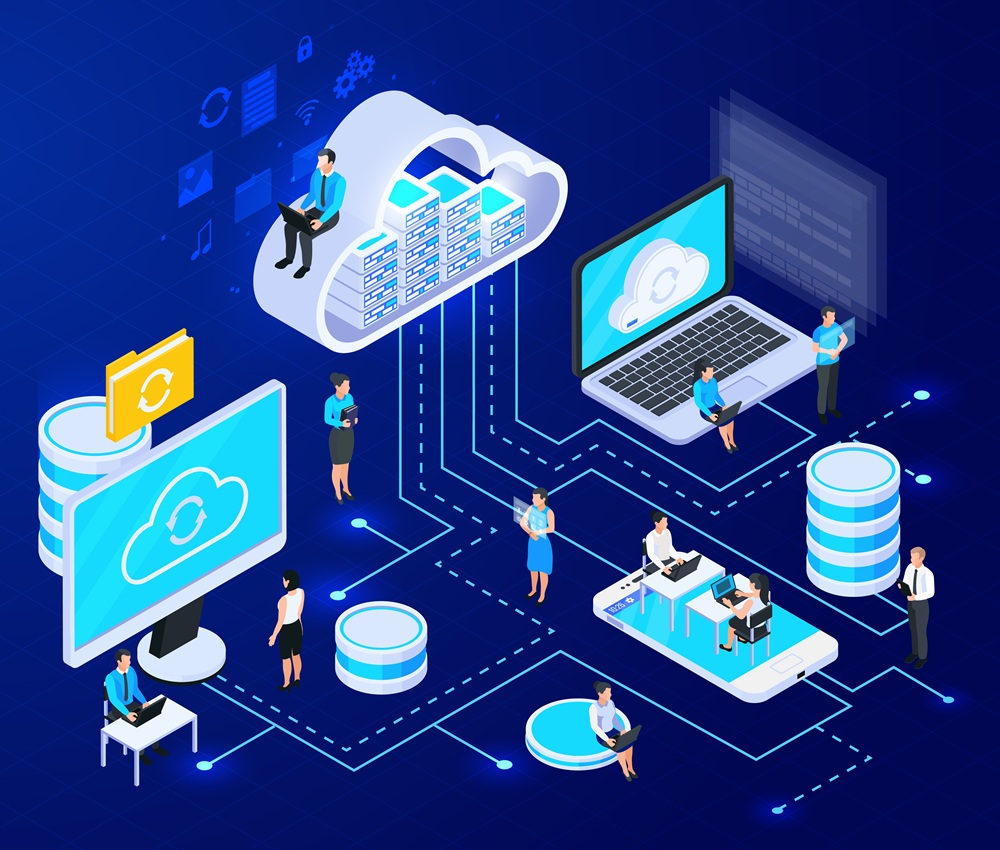



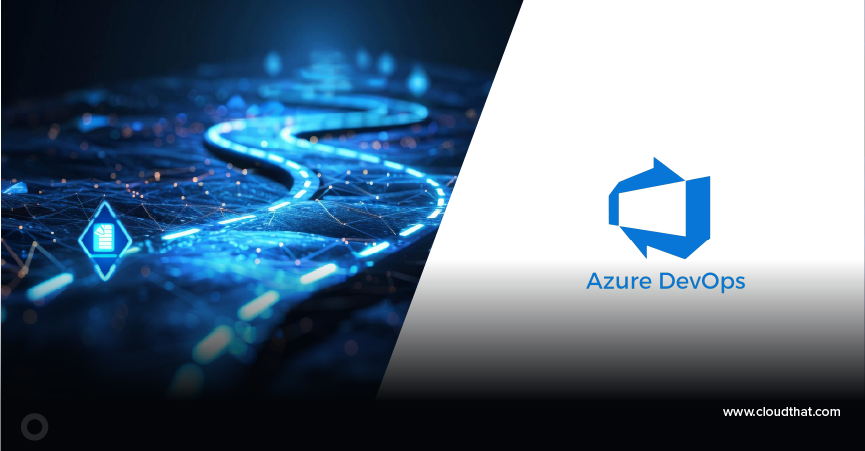
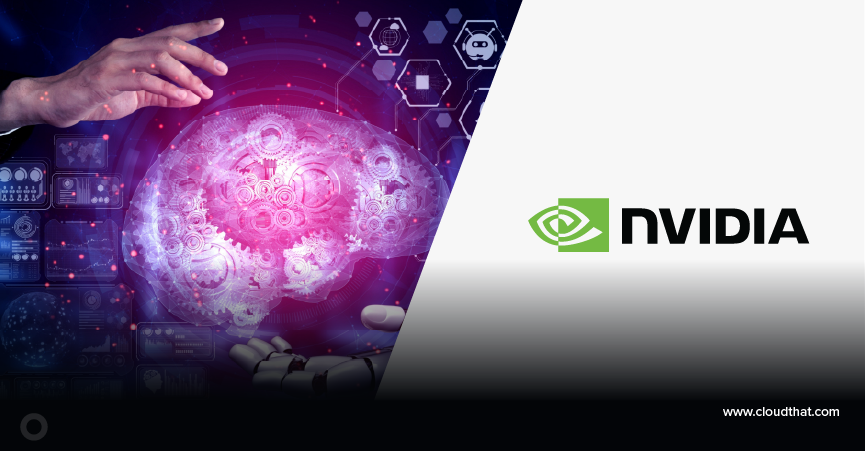

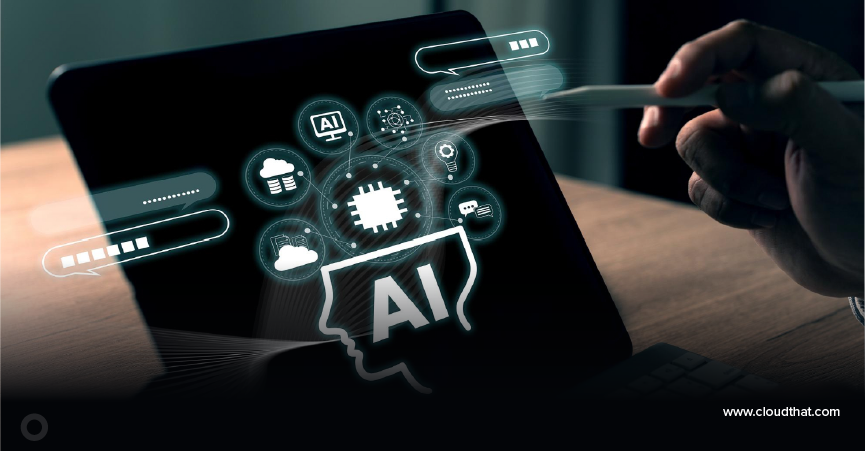

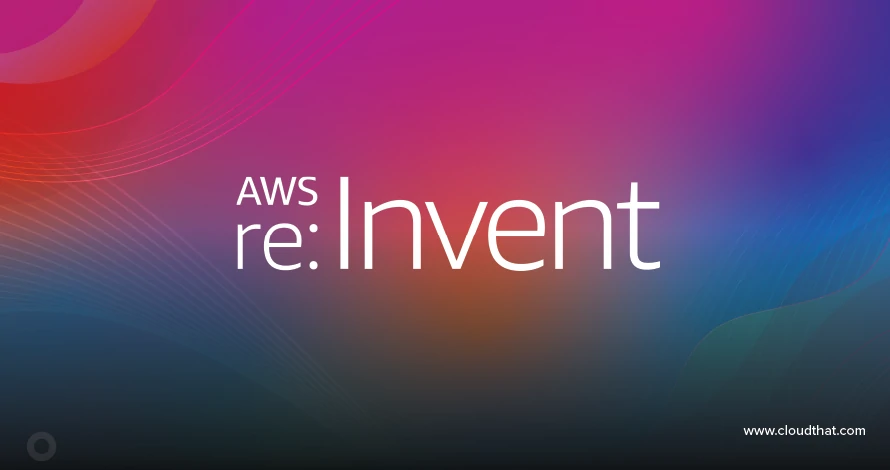

Comments